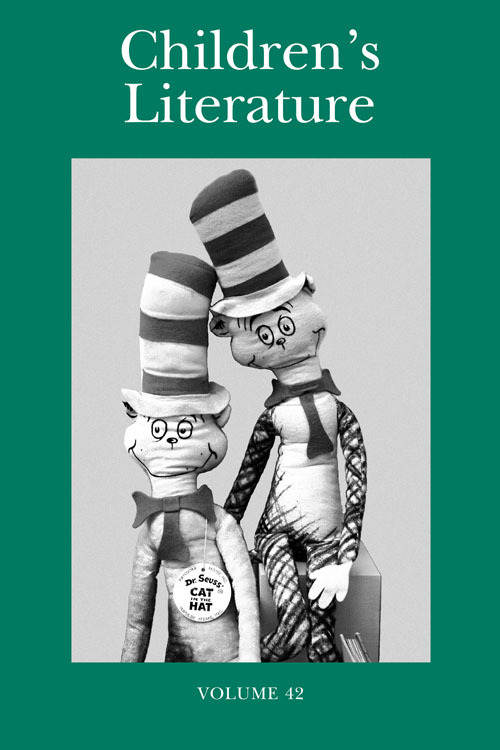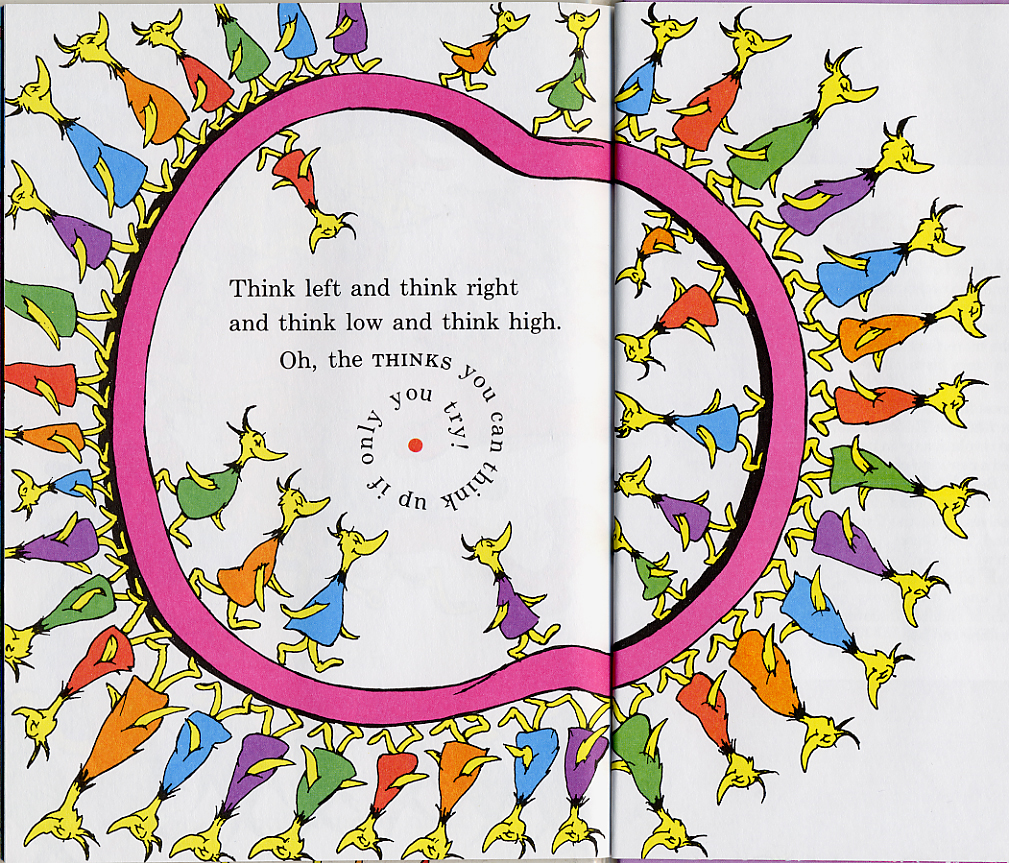Meter Matters: Better No Seuss Than Faux Seuss
The “new” Seuss book (due out tomorrow) is attracting a lot of notice – some of it, unfortunately, in verse. Â It is possible to write great ersatz Seuss. Â But it’s not easy. For faux Seuss, you must know Seuss. Â It helps, too, if you’re a poet. Michiko Kakutani’s metrical mess offers an excellent caution to


